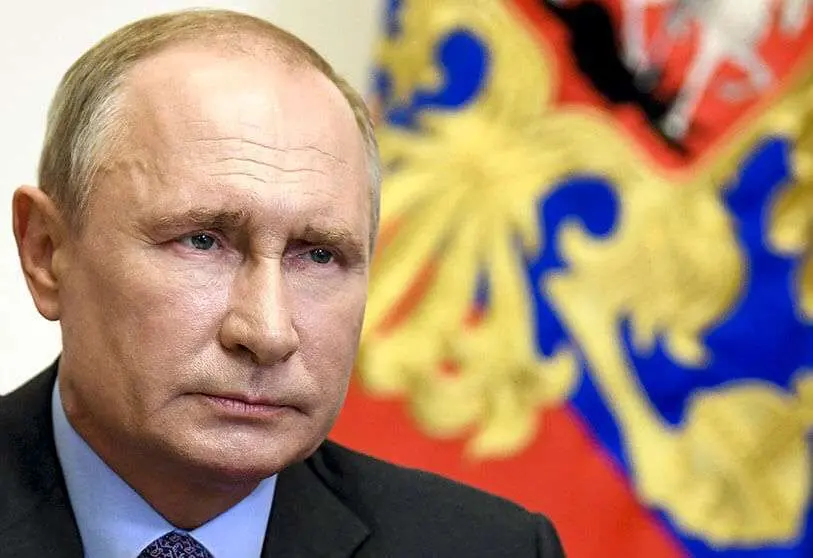After Putin, more Putin

If God grants Vladimir Vladimirovich Putin a long life, he will be at the head of Russia's destiny at least until 2036, surpassing even the three decades of Little Father Stalin. His resounding victory in the long seven-day referendum to approve the 206 constitutional amendments gives him the legitimacy he sought, after Duma and the Constitutional Court have already approved.
The former colonel of the State Security Committee, the fearsome KGB, has the Russian people's measure well in hand. Its conservative and nationalist drift has restored the lost pride of a nation that believed itself to be a hyperpower, on an equal footing with the United States during the Cold War, but which felt miserable and humiliated when the collapse of the Berlin Wall (1989) and the entire communist system exposed the sad reality of the once called "socialist paradise".
The heart of the current constitutional reform was precisely to ensure that the Kremlin strongman, "has more power than the tsar, the pharaoh and the Communist Party Secretary General in Soviet times combined", as defined by Guenady Ziuganov, still general secretary of the old Communist Party, would continue to hold the helm of the country. In short, a bet on the stability that Russians believe to see in Putin, eliminating almost all the institutions and leaders that could overshadow him. But, together with the authorisation to run for another two six-year terms when the current one ends in 2024, the panoply of these 206 reforms gives at least apparent security to a population that is experiencing at its core the effects of the West's sanctions for the annexation of Crimea in 2014, and the devastating effects - a decline in GDP and a sharp increase in unemployment - of the coronavirus pandemic.

78% of voters who trusted him are reassured by the fact that the annual indexation of pensions is constitutionally protected. And although everything is in the same reform package, they are happy that God is included in the Constitution; that it is clearly stipulated that marriage is a union between a man and a woman; that the hypothetical transfer of Russian land to other countries is prohibited; and finally that the Russian Basic Law, in the event of conflict, always prevails over international law. A radical return, therefore, to the deepest essences of a people who always needed a "little father" to guide their steps, be it the Tsars or the later and successive leaders of the Communist Party of the Soviet Union.
Although these measures are described as cosmetic, with the sole purpose of not focusing exclusively on Putin, the truth is that all of them contribute to making the immense power of the Russian leader, devoted as the guarantor of stability and patriotism, omn. His influence in appointing and dismissing courts and prosecutors makes him a de facto dictator, above the law, lord of lives and estates, in short.
For the purists of democracy, Putin would not meet the most classic parameters. However, the process followed until the consultation is completed is no less democratic than that followed in other supposedly cleaner countries. The opposition's manoeuvres of attrition, including the display and airing of its alleged crimes, especially fiscal or treasonous crimes, also occur very often both in our glorious Europe and in the United States of Bush, Obama or Trump. Their political system is obviously not the one that rules on both sides of the North Atlantic. But who decides that the single thought that prevails in the supposedly more developed European societies is superior to the single thought, of the opposite sign, prevailing in Russia?
Like the Chinese leader, Xi Jinping, Putin's Russia cannot be ignored. The fact that it is economically much less powerful does not prevent it from continuing to play a fundamental role in the solution, or the worsening of many international disputes in Europe, Asia, the Middle East and the Mediterranean. Vladimir Putin was an unavoidable leader in that scenario. Now, legally and popularly legitimised by an overwhelming majority of his people, it would be reckless to ignore him or refuse to accept him at all.

